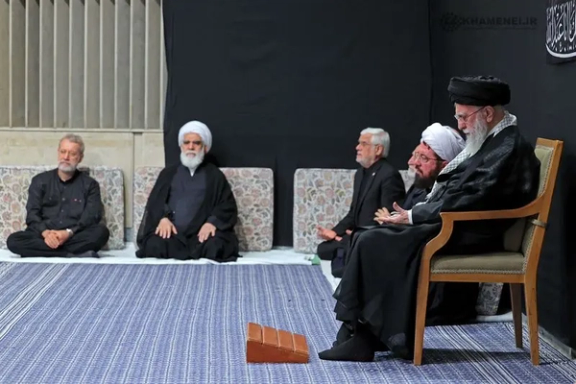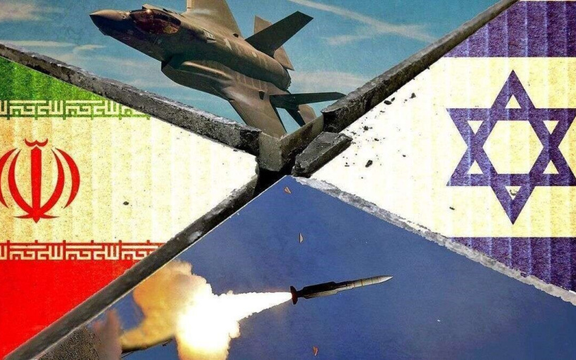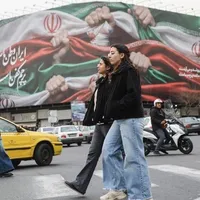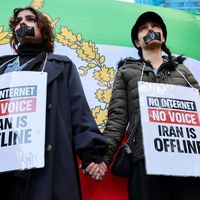“It’s not over, it’s never over,” he told Fox News on Saturday night. “We have to keep Iran in check … Nothing is guaranteed on this, you safeguard your success.”
Netanyahu said that while the current government remains in power in Tehran, the threat remains too. “I realize that the marriage of nuclear weapons with a militant Islamic regime is the greatest threat Israel faces and the world faces,” he said.
Israel invaded Iran in a series of surprise strikes on June 13, leading to a 12-day war which brought massive destruction on both sides.
In Iran, rights group HRANA says more than 1,100 Iranians died in the war, with thousands more injured. In Israel, the death toll was 28 with thousands more injured.
A week after Israel's surprise attacks, the US struck Iran’s three major nuclear sites, Fordow, Natanz and Isfahan, with President Donald Trump saying to have ‘obliterated’ Iran’s nuclear program.
Intelligence assessments suggest that Iran retains a hidden stockpile of enriched uranium and the technical capacity to rebuild, according to reports by Reuters.
However, as the US continues to pursue diplomatic channels with Iran to contain any continuation of its nuclear program, Netanyahu said the only way forward would be an Iran without enrichment, no ballistic missiles beyond 300 miles as stipulated under international treaties, and no ‘terror axis’, referring to Iran’s military allies across the Middle East.
“We went to war because we knew that if we didn’t, we’d end up dead. Iran was rushing to develop nuclear weapons and could have had one within a year."
“They have could had tens of thousands of ballistic missiles each weighing a ton … with unbelievable devastation …. And in a country the size of new jersey you have to act. … if you don’t act you’re not going to be around … I knew if we didn’t act now, we may never act again,” he said.
Since the founding of the Islamic Republic, Iran’s leaders have called for the end of the Jewish state. A clock in Palestine Square, in the capital, Tehran, counts down the days until Israel's destruction.
Tehran racing to build nuclear weapons, Netanyahu says
Following the damage done last year to Iran’s allies in the region, including the fall of Syria’s long-time president, Bashar al-Assad, and the weakening of Hezbollah in Lebanon and Hamas in Gaza, Netanyahu said Iran had turned its focus on its nuclear program in a bid to eliminate its archenemy, Israel.
“They understood they had one other way to kill us and that was to race for nuclear weapons. They had enriched uranium, but they needed to have the weapon, they didn’t have the bullet, the thing that detonates the bullet."
“They rushed to weaponize after the fall of Hezbollah and the fall of the axis and we could see that, that within a year they’d have an atomic bomb and they’d actually use it, and try to wipe us out,” Netanyahu said.
Iran has always denied allegations of building a nuclear weapon, saying its program is for peaceful purposes.
Since the ceasefire, Iran has expelled the United Nations’ nuclear watchdog, the International Atomic Energy Agency, accusing the group of having provided information to the US and Israel.














